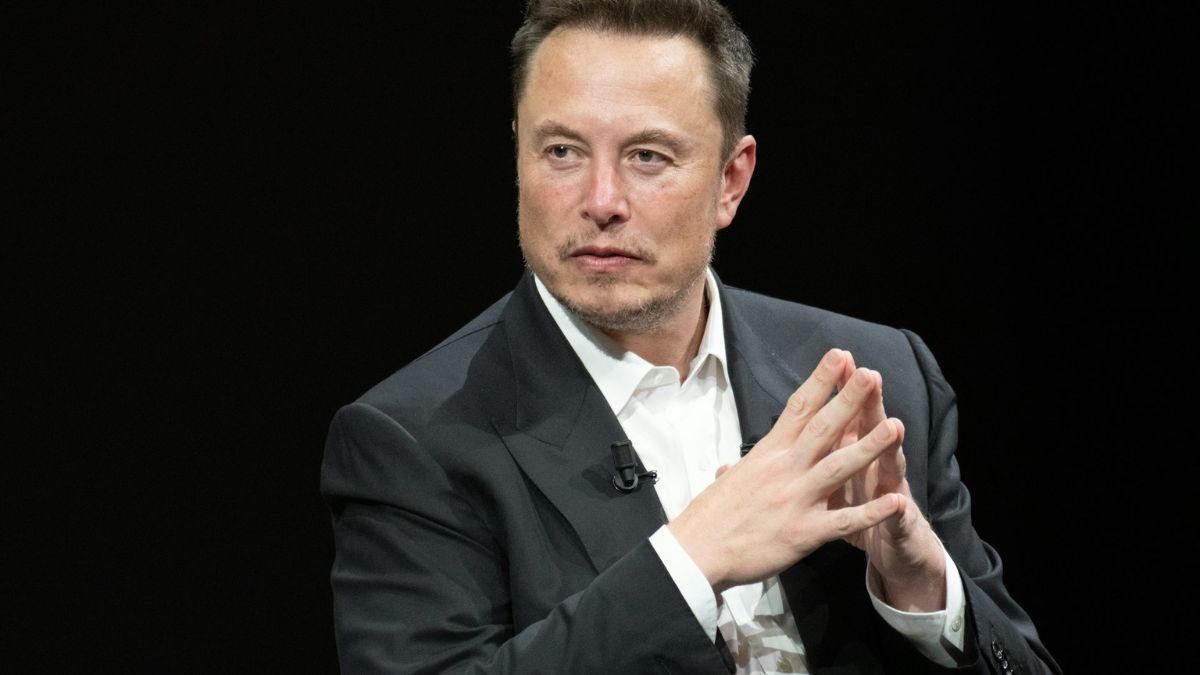Necessary Always Active
Necessary cookies are required to enable the basic features of this site, such as providing secure log-in or adjusting your consent preferences. These cookies do not store any personally identifiable data.
|
||||||
|
||||||
|
||||||
|

Elon Musk’s xAI has sued Apple and OpenAI in a Texas federal court. According to Reuters, xAI has accused the two tech giants of conspiring to hinder competition in the AI industry.
In documents filed in court on August 25, 2025, xAI claims that OpenAI and Apple have “locked up markets to maintain their monopolies and prevent innovators like X and xAI from competing.”
The Elon Musk lawsuit takes a swipe at Apple’s recent move to integrate OpenAI’s chat bot, ChatGPT into its operating system across its devices including Macs, iPads, and iPhones. Last week, Apple announced plans to introduce new tools that give businesses more control over how employees leverage AI.
The company’s software updates expected in September are expected to give enterprise customers more options, including the ability to configure the enterprise version of ChatGPT. Apple has already experienced rising demand for ChatGPT Enterprise. According to TechCrunch, over 5 million businesses are using this version to interact with internal data through AI agents.
But xAI alleges that this deal is the reason why Apple manipulates App Store rankings. According to the Musk-owned AI startup, Apple favors ChatGPT in its rankings and deprioritizes generative AI chatbots from competitors on the App Store.
“If not for its exclusive deal with OpenAI, Apple would have no reason to refrain from more prominently featuring the X app and the Grok app in its App Store,” the lawsuit states.
On August 12, 2025, Musk threatened Apple with a lawsuit over behavior that he claimed “makes it impossible for any AI company besides OpenAI to reach #1 in the App Store.” On August 25, 2025, Musk highlighted the claims in the lawsuit on a social media post.
“A million reviews with 4.9 average for @Grok and still Apple refuses to mention Grok on any lists,” Musk said in a post shared on X. xAI says that Apple’s App Store ranking manipulation is aimed at protecting its monopoly in the smartphone industry.
“In a desperate bid to protect its smartphone monopoly, Apple has joined forces with the company that most benefits from inhibiting competition and innovation in AI: OpenAI, a monopolist in the market for generative AI chatbots,” the lawsuit added.
Apple is yet to respond to the lawsuit. Musk unveiled xAI in 2023 as part of a broader strategy to compete with top chatbot makers, including OpenAI. The AI startup acquired social media platform X for $33 billion to boost its AI training capabilities. xAI has integrated Grok chatbot into electric vehicles manufactured by Tesla.
This week, xAI open-sourced Grok 2.5 code on Hugging Face in a bid to make AI widely accessible. This version of Grok is now freely available for developers worldwide. The AI startup plans to make Grok 3 available for free in the next 6 months.
xAI is seeking billions of dollars in damages through its lawsuit. But in a statement released by OpenAI, the ChatGPT maker has termed xAI’s claims as harassment.
“This latest filing is consistent with Mr. Musk’s ongoing pattern of harassment,” An OpenAI spokesperson said in a statement.
Antitrust experts say Apple’s dominance in the smartphone market may support xAI’s claims that the iPhone maker is trying to boost sales illegally by integrating ChatGPT in its devices. In its defense, Apple could claim that its partnership with OpenAI is a strategic decision in the highly competitive tech industry. The company may also claim operational and security reasons for integrating AI into its operating system.
Apple could also argue that it’s under no obligation to help its competitors expand their market share. Most importantly, the xAI lawsuit provides an opportunity for US courts to determine whether a defined market AI exists and what such a market entails. “It’s a canary in the coal mine in terms of how courts will treat AI, and treat antitrust and AI,” Buffalo School of Law Professor Christine Bartholomew said.